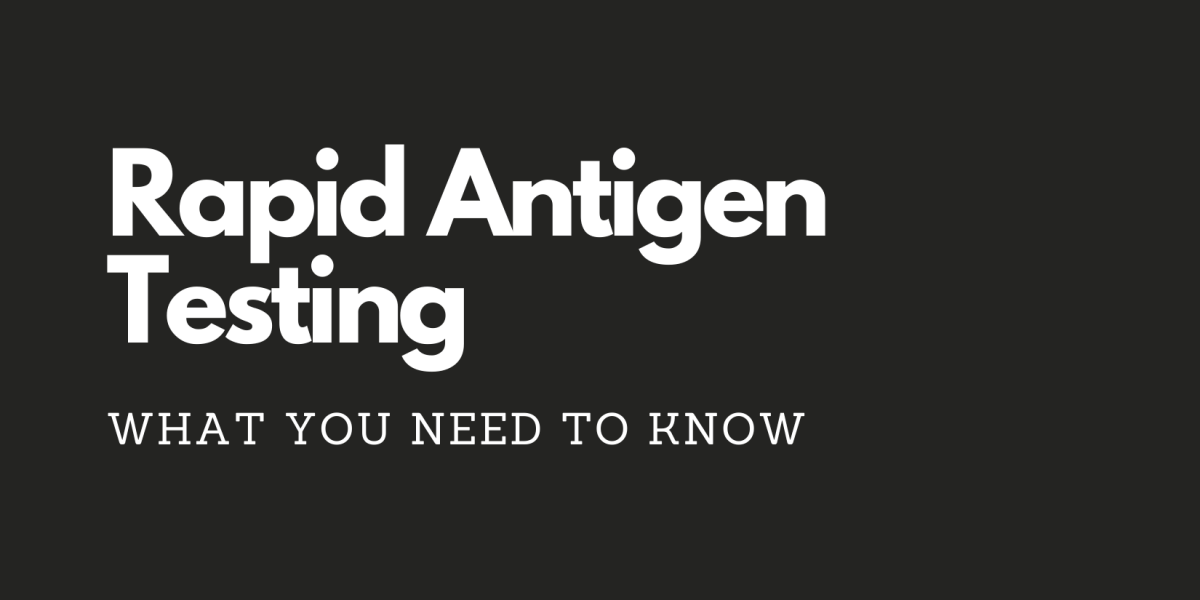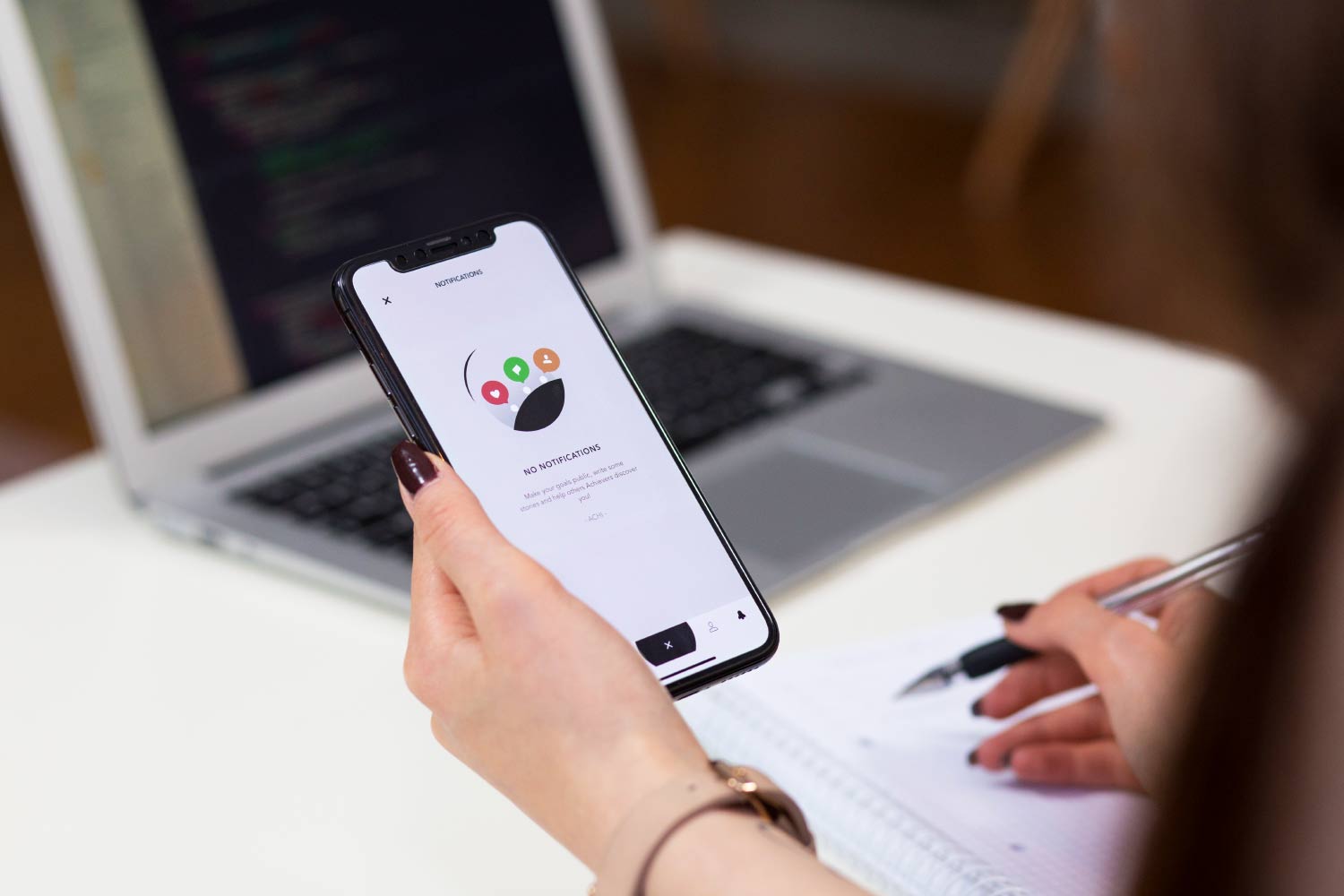Now that Rapid Antigen Tests (RATs) are more widely available in our communities, consider learning more about them.
RATs are generally taken with a front of nose swab and detect the presence of proteins from the COVID-19 virus in the sample that is collected. However, combined nose and throat swabs are now recommended because they are better able to detect the Omicron variant. This video provides a good demonstration on how to properly swab your throat and nose: https://www.youtube.com/watch?v=C8mY1DV-mXE
The advantage of RATs is that they provide results quickly (usually within 10 to 20 minutes).
If you test positive on a RAT, it is highly likely that you have COVID-19. You should isolate for at least 5 days and until your symptoms have been improving for at least 24 hours (48 hours if gastrointestinal symptoms). A longer isolation period of 10 days is recommended for individuals who are 12+ and not fully vaccinated, immunocompromised or work/live/attend highest risk settings (e.g. hospitals, congregate living facilities, shelters).
Your household members need to isolate with you unless they:
- are 12+ and fully vaccinated (2 doses);
- are 18+ and received a booster dose (3 doses); OR
- have tested positive for COVID-19 in the past 90 days.
If you test positive on a RAT and happen to be eligible for a PCR test, your positive RAT does not need to be confirmed by a PCR test.
If you test negative on a single RAT, it does not guarantee that you are not infected with COVID-19 or will not spread it to others. Testing negative on two consecutive RATs, separated by 24-48 hours, means that you are less likely to have COVID-19 infection. So, if possible, consider testing yourself twice before ending your self-isolation period.
If you test negative for COVID-19 but have other flu-like symptoms, you are advised to self-isolate until you have no fever and symptoms are improving for at least 24 hours (or 48 hours if gastrointestinal symptoms). Your household members who need to isolate with you may also discontinue isolation, as long as they don’t have symptoms.
If you receive an invalid RAT result, it means the test has not worked properly, and you will need to repeat the test.
RATs are not perfect, but they are another tool to support the pandemic response. They can assist with the rapid identification of the COVID-19 virus and reduce the amount of time a positive individual is active in our communities.



